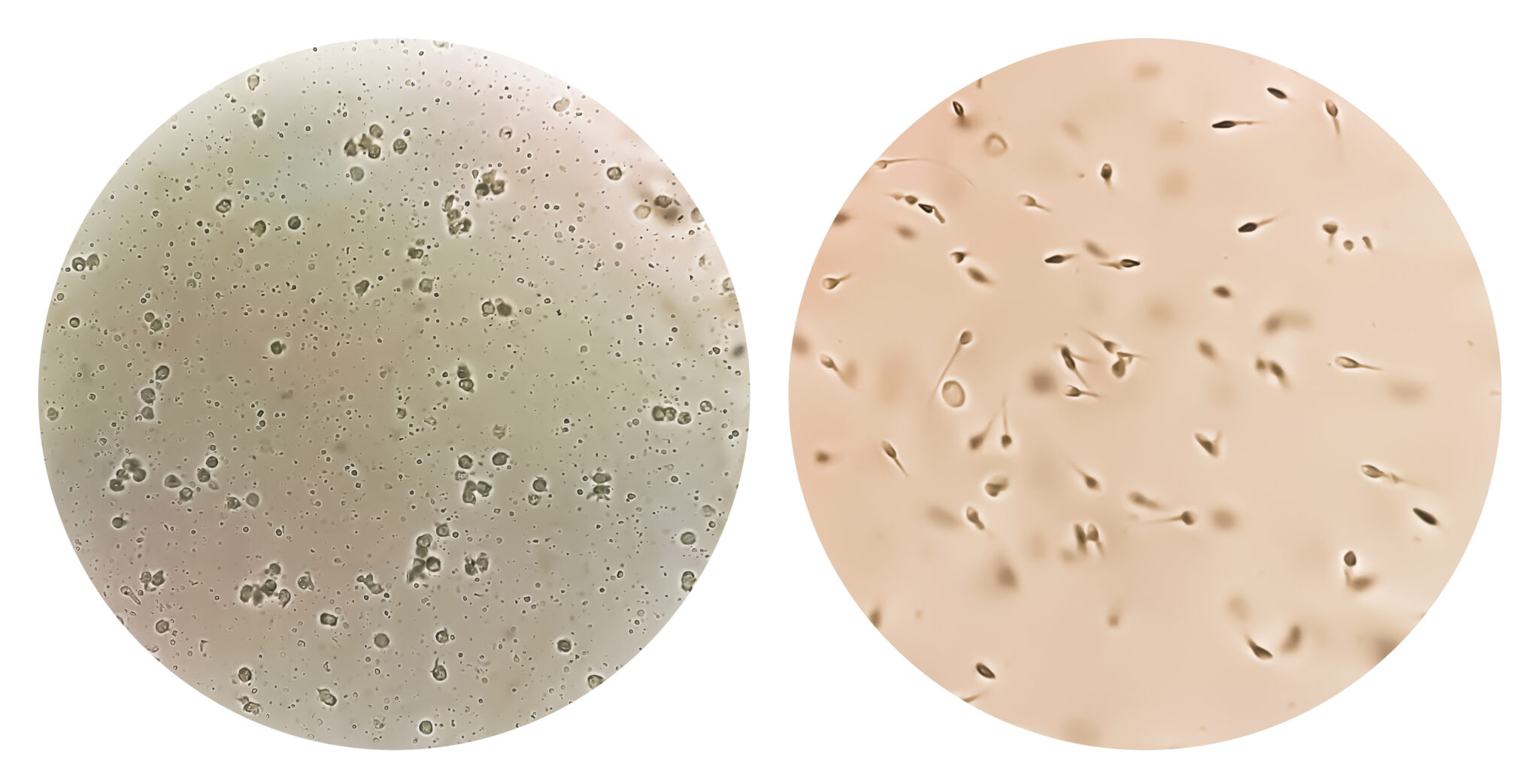
Does Getting a Vasectomy Lower Your Testosterone?
A vasectomy is a minor surgery that stops sperm from reaching the semen. This is one of the most reliable forms of birth control, with a 98.8% success rate. Since a vasectomy changes the way sperm moves through the body, many people worry about it lowering their testosterone levels.
Thankfully, when performed correctly, a vasectomy doesn’t affect your testosterone. At Upstate Urology, Dr. Scott Donaldson, a board-certified urologist, has done numerous vasectomies for people in the Greater Greenville & Spartanburg areas. Today, we’re here to help you understand how a vasectomy works and if it affects hormones.
Does a Vasectomy Cause a Hormonal Imbalance?
Studies show that a vasectomy doesn’t cause a hormonal imbalance because it doesn’t do anything to alter hormone levels.
This surgical procedure involves cutting or blocking the vas deferens. These tubes carry sperm from the testicles to the urethra. The blockage prevents sperm from being released during ejaculation.
Since the procedure doesn’t affect hormone production, it shouldn’t cause a hormonal imbalance. However, if performed incorrectly, it can lead to other unfortunate side effects. That’s why it’s imperative to find a clinic and doctor you trust.
During the first consultation before the procedure, Dr. Scott Donaldson can evaluate whether you are a good candidate for the surgery. Dr. Scott Donaldson will look into your medical history to determine if a vasectomy is the right procedure for you. Some things he’ll look at to help determine this are the following:
- Medical issues: Certain medical conditions may make the procedure technically challenging or increase the risk of complications. They may include bleeding disorders, genital abnormalities, or previous pelvic surgery.
- Psychological concerns: If you are experiencing significant distress related to the procedure, you may have to address the discomfort before scheduling surgery.
Can a Vasectomy Cause Erectile Dysfunction?
No, by itself, vasectomy can’t cause erectile dysfunction (ED). The surgical procedure affects only the tubes that carry sperm. It doesn’t interfere with the blood flow or nerves involved in achieving an erection.
However, psychological factors can play a role. Some men may experience severe anxiety after the procedure, which could affect their ability to achieve or maintain an erection.
That’s why it’s imperative to educate yourself about vasectomies and know precisely what they can and can’t cause.
Sometimes, if a man experiences pain during or after the procedure, it could temporarily affect sexual function. However, it should return to normal quickly thereafter.
Does a Vasectomy Affect Libido?
No, a vasectomy doesn’t affect your libido because it doesn’t lower your testosterone or change your ability to get an erection or ejaculate.
Many men don’t have sufficient information about the effects of the procedure. That’s why they might feel anxious about it. This could lead to a temporary libido decrease.
However, physically, the surgery can’t have any effect on the sex drive.
Dr. Donaldson has noted that vasectomies, if anything, have a positive impact on the sexual life of couples. Once the fear of getting pregnant goes away, both partners can enjoy a libido boost.
Learn More & Schedule Your Vasectomy at Upstate Urology
A vasectomy doesn’t lower testosterone or affect your sexual function. However, if you are excessively worried about the procedure, the anxiety could cause ED or other sexual issues.
The key to making the most out of this surgery is working to find a reliable urologist who can answer all your questions, address any concerns you might have before your procedure, and educate you about any potential side effects.
At Upstate Urology, Dr. Scott Donaldson has performed hundreds of vasectomies for patients in the Greater Greenville, SC & Ashville, NC areas. If you’d like to consult Dr. Scott Donaldson, please schedule a consultation at any time.
Featured Image: Saiful52 / Shutterstock
